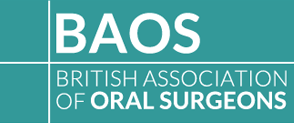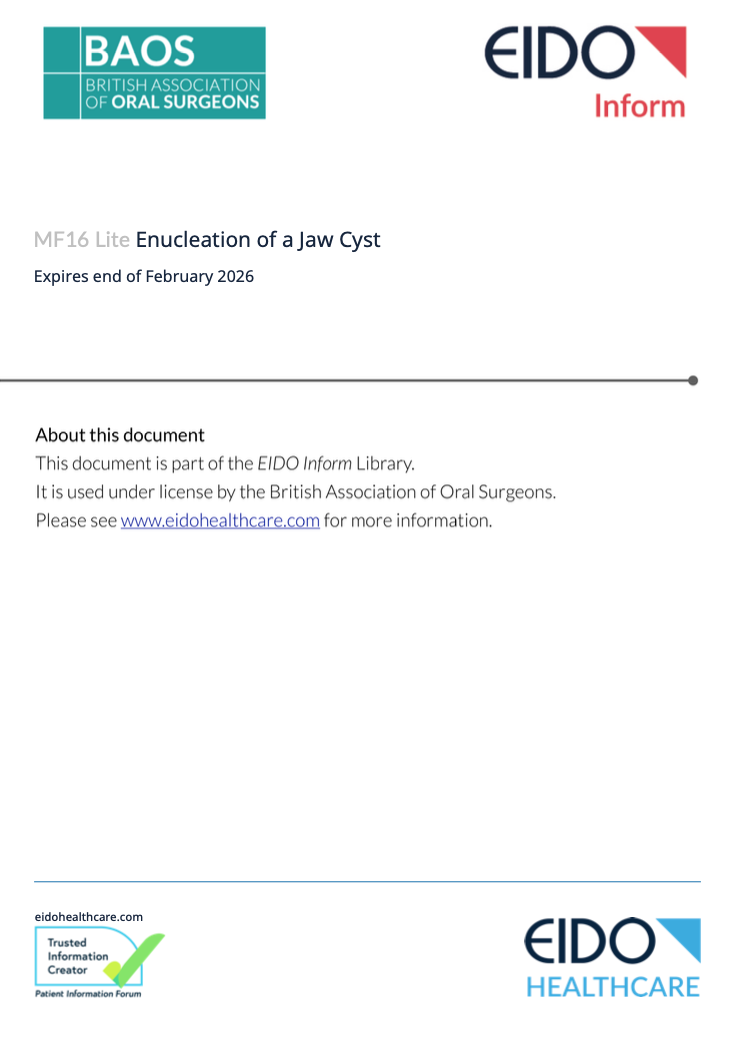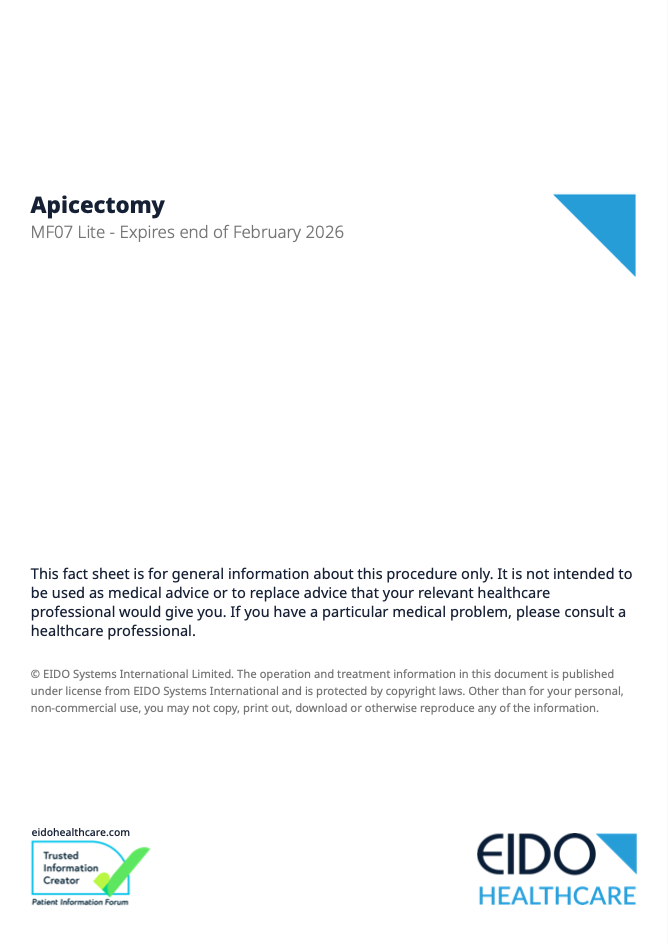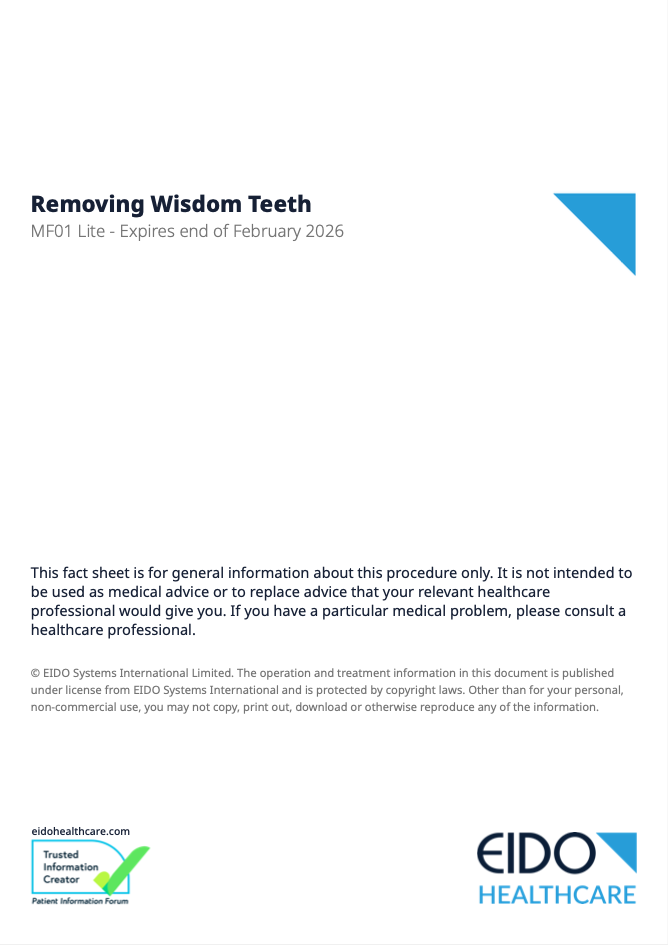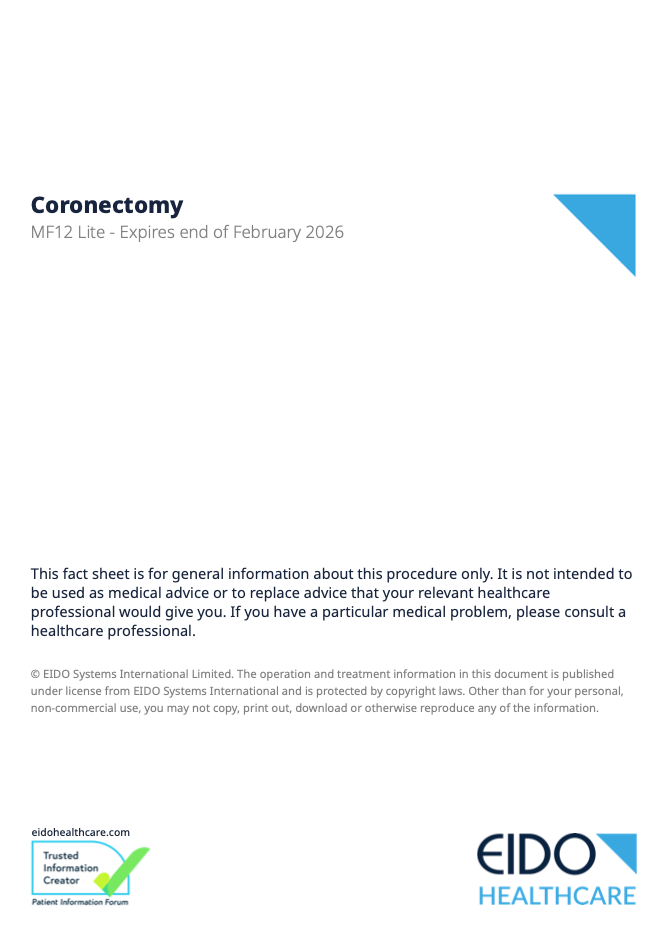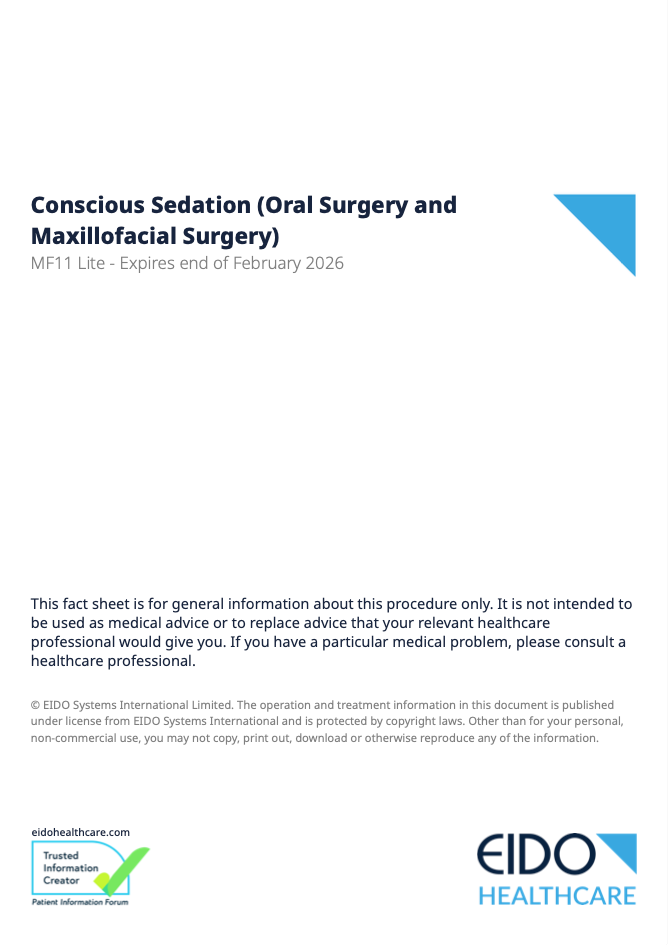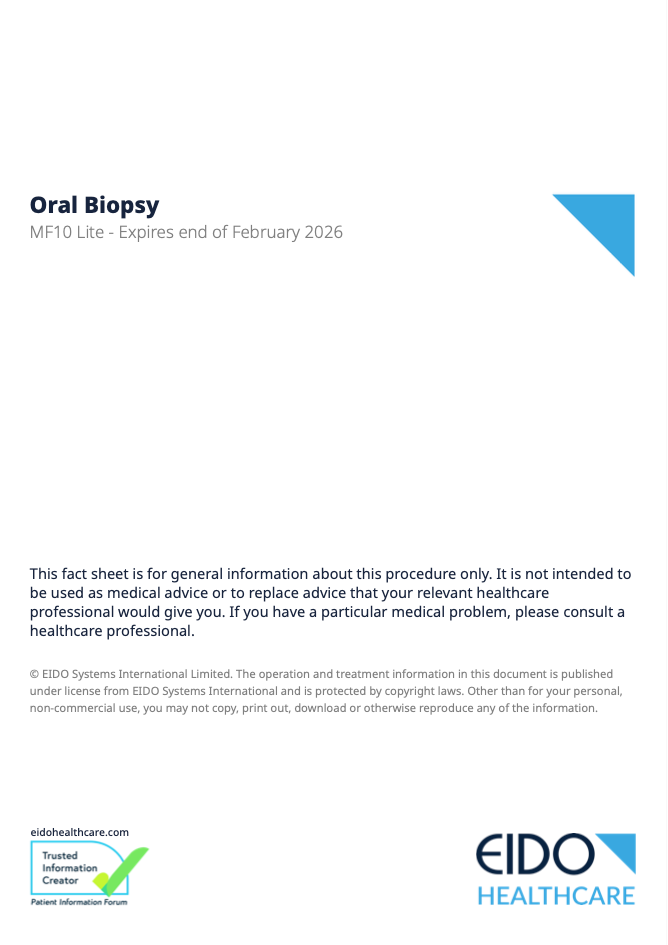For Patients
what is oral surgery?
Common conditions in oral surgery
common Treatments in oral surgery
who can Perform oral surgery?
Where/How will my care be delivered?
what happens after my treatment
Patient Information Leaflets
USEFUL LINKS
What is Oral Surgery?
The specialty of Oral Surgery deals with the diagnosis and management of conditions of the mouth and jaws that requires surgical intervention. Oral Surgery involves the treatment of children, adolescents and adults, and the management of dentally anxious and medically complex patients. General Dental Practitioners (GDPs) can undertake routine Oral Surgery care, such as dental extractions. However, more complex Oral Surgery care is provided by specialists, or those with other appropriate training, either in a hospital or sometimes in specialist dental practices.
Examples of the more complex work undertaken within Oral Surgery would be difficult tooth or wisdom tooth extractions, taking small samples of tissue to aid diagnosis (biopsies), removal of buried or impacted (stuck) teeth, and management of soft tissue conditions (e.g., problems with salivary glands or the lining of the mouth). Please see ‘Common Treatment/Conditions within Oral Surgery’ sections for more in-depth information.
Given the range of treatment included, this may be completed under numbing injections (local anaesthetic), conscious sedation (where you feel drowsy and relaxed, but are not ‘asleep’) or general anaesthetic (being ‘put to sleep’). Please see the ‘Where/how will my treatment be provided?’ and the ‘What will happen on the day’ sections for more.
As Oral Surgery covers a large area, care may sometimes be shared with other teams or other specialists may become involved too. For example, many teenagers needing braces will see an orthodontist, with Oral Surgery care being needed if there is an impacted (stuck) tooth present. Another example would be if you have a condition affecting the lining of your mouth (mucosa), you may need to see a specialist in Oral Medicine to provide medications to aid this. Please see the ‘Who can provide Oral Surgery care’ section for more information.
Common conditions in Oral Surgery
Mouth Ulcers
Mouth ulcers are very common. They usually last for around 2 weeks and resolve by themselves. They can be caused by many things, such as biting your cheek or lip, vitamin deficiency, and sometimes the cause is unknown.
It is important to keep your teeth as clean as possible and avoid any food or drinks which make the ulcer hurt. Over-the-counter remedies are available, you can consult a pharmacist regarding these.
If you are concerned about the ulcer, or if it lasts for more than 3 weeks, please go see your general dentist/doctor for further advice.
https://www.nhs.uk/conditions/mouth-ulcers/
Mouth cancer
Mouth cancer, also called oral cancer, can affect anywhere in the mouth – such as the tongue, cheeks, gums, lips etc.
Signs and symptoms can vary. Any painful lumps or ulcers which persist longer than 3 weeks can be a sign of mouth cancer. Other symptoms include:
- a mouth ulcer in your mouth that lasts more than 3 weeks
- a red or white patch inside your mouth
- a lump inside your mouth or on your lip
- difficulty swallowing
- difficulty speaking or a hoarse (croaky) voice
- a lump in your neck or throat
- losing weight without trying
Smoking and alcohol increase your risk of mouth cancer. You GP should be able to give you advice on stopping smoking and reducing your alcohol intake.
If you are concerned about mouth cancer, please go see your general dentist/doctor for further advice.
https://www.nhs.uk/conditions/mouth-cancer/
Orofacial Pain
This term encompasses pain that can arise in the head and neck region. There can be many causes, such as:
- Toothache
- Temporomandibular joint dysfunction (TMD)
- Trigeminal neuralgia (TN)
- Burning mouth syndrome (BMS)
- Migraines/headaches
As there are many causes, it is best to see your general dentist/doctor. For more information about orofacial pain please see the following link – https://orofacialpain.org.uk/patients/
TMD
Temporomandibular joint disorder (TMJD or TMD) refers to pain and problems associated with the jaw joint and associated muscles. It is a common condition, affecting up to 12% of the population.
What are signs and symptoms of TMD?
1. Jaw pain or tenderness.
2. Clicking, popping, or grating sounds in the jaw joint.
3. Difficulty or discomfort while chewing or opening the mouth wide.
4. Jaw stiffness or limited range of motion.
5. Ear pain
6. Headaches or neck pain
7. Jaw locking or difficulty in closing or opening the mouth
Why do I have TMD?
The exact cause of temporomandibular joint disorder (TMD) is often multifactorial. Common causes or contributing factors to TMD include:
1. Injury to the jaw, face, or neck
2. Clenching or grinding your teeth, often associated with stress
3. Poor posture or habits that strain the jaw muscles, e.g. nail biting
4. Degenerative joint diseases or connective tissue disorders affecting the jaw joint
What can I do to help my TMD?
You can undertake self-care measures to help your symptoms at home, for example:
- Stick to a soft diet to let your jaw rest
- Avoid over opening your mouth, e.g. when yawning
- Use painkillers
- Apply hot or cold compresses to the area
- Undertake jaw exercises, as seen here – https://www.youtube.com/watch?v=4wKv6juY4jg&list=PL0Zkwya_9eK9dUJbeyARqIxupd8i53EbJ&ab_channel=NewcastleHospitals
- Try to reduce stress in your daily life
If you have ongoing pain, please see your general dentist/doctor for further help and advice. Your dentist may make you a splint (mouthguard) to wear or refer you to a specialist for more advanced treatment.
Useful links: https://orofacialpain.org.uk/patients/
Lumps and patches
There can many different reasons why a lump or patch may occur in your mouth. For example, you may have a small lump after biting your lip or a red patch after burning your mouth on hot food.
Lumps can vary in size, shape, colour and texture. Patches can often be red or white, with varying shapes. Some examples can include:
- Lichen planus
- Mucocele
- Oral epithelial dysplasia
- Fibroepithelial polyp (skin tag in the mouth)
If you are unsure of any lumps or patches, please go see your general dentist/doctor for further advice.
Useful link – https://bisom.org.uk/clinical-care/patient-information/
Dental and jaw cysts
Cysts are fluid-filled sacs or pockets that can develop in the mouth or jawbone. They are often associated with the teeth or the structures supporting the teeth.
The treatment of cysts often involves surgical removal (enucleation), along with any associated teeth if necessary. In some cases, root canal treatment can be completed instead. Other treatments are available, and your surgeon will discuss these with you. Antibiotics may be prescribed to manage infection, and follow-up monitoring is important to ensure the cyst does not recur.
Common treatments in Oral Surgery
blank
Your content goes here. Edit or remove this text inline or in the module Content settings. You can also style every aspect of this content in the module Design settings and even apply custom CSS to this text in the module Advanced settings.
Tooth removal (extraction)
It is important to note that tooth extraction is considered a last resort when other treatment options are not appropriate. Dentists will always strive to preserve natural teeth whenever possible.
Some teeth cannot be removed simply, for example buried wisdom teeth or teeth with lots of decay. These teeth may need to be removed surgically.
Please see here for more information.
Coronectomy
A coronectomy is a surgical procedure performed to remove the crown (upper part) of a lower wisdom tooth while leaving the roots in place. This technique is used when the wisdom tooth is close to important structures such as nerves, reducing the risk of damage to these structures during extraction. This treatment is not suitable for all patients.
Coronectomy is considered a conservative approach to managing problematic lower wisdom teeth, reducing the risk of nerve damage and associated complications. It is typically performed by an oral surgeon or a dentist with expertise in oral surgery techniques.
Please see here for more information.
Dental Sedation
Dental sedation involves the use of medication to help patients relax and remain comfortable during dental procedures. It alleviates anxiety, allowing patients to undergo procedures without being fully asleep.
There are different types of sedation, such as gases you breathe in or medication given through a vein.
Please see here for more information.
Mouth biopsy
An oral (mouth) biopsy is a procedure in which a small piece of tissue is removed from the mouth for examination under a microscope. This procedure helps in diagnosing various oral conditions.
There are two main types of biopsies:
- Incisional biopsy involves removing a small portion of tissue for examination, typically when the lesion is large, or the diagnosis is uncertain.
- Excisional biopsy removes the entire lesion with surrounding tissue. This is preferred for small, accessible lesions that appear to be non-concerning.
Please see here for more information.
Who can perform Oral Surgery?
The range of Oral Surgery care can stretch from simple treatment, such as a dental extraction, to much more complex surgery. Therefore, this care can be provided by a selection of dental and medical professionals.
General Dental Practitioners (GDPs) can provide basic Oral Surgery care within their practice. This should include:
- Routine dental extractions
- First-line management of complications after tooth extraction
- Recognise and manage acute dental pain and infection
- Identify issues affecting the lining of the mouth and refer if needed
- Identify oral cancer and refer
They will also be able to identify when a specialist opinion or input is needed. If this happens, they will be able to refer you to one the appropriate professionals below depending on your needs.
Care that falls within the remit of Oral Surgery care can be provided by a mixture of specialities, depending on available services locally and the complexity of the condition. Specialities who can provide such care includes Oral Surgery, Oral and Maxillofacial Surgery and Oral Medicine.
- Oral Surgeons – these are dentists who have completed appropriate training to become a registered specialist. Some Oral Surgeons may be consultants if they work within a hospital setting. Within a hospital setting, your treatment can also be provided by a Specialty Dentist or Specialist Dentist. While not necessarily a registered specialist in Oral Surgery, these dentists tend to have worked within the field for many years and have enhanced skills which allow them to work independently under the guidance of a specialist or consultant.
- Oral and Maxillofacial Surgeons (OMFS) – OMFS is a medical speciality performing surgery on the facial bones, face and neck. Procedures range from oral surgery (hence the overlap) to complex major head and neck surgery. Specialist areas include head and neck oncology (cancer), adult facial deformity, orthognathic surgery, cleft surgery, and facial trauma management. OMFS surgeons must hold both a dental and medical degree, unlike Oral Surgeons who only require a dental degree.
- Oral Medicine – this is the speciality of dentistry concerned with the diagnosis and management of adult and child patients with chronic, recurrent, and medically related disorders of the mouth, face and jaws. It interfaces between medicine and dentistry, and specialists have enhanced training in the medical aspect of orofacial disease. Given this there can be overlap with Oral Surgery.
- Dentists with Extended Skills – these are general dentists who have gained adequate experience in providing some Oral Surgery procedures to receive accreditation to complete some aspects of Oral Surgery care within their practice. These dentists are not specialists but have enhanced skills which have been verified to allow them to undertake some procedures which a General Dental Practitioner would not.
Where/how will treatment be delivered?
Your treatment can be provided in two main setting, within a dental practice or within a local hospital.
If you are attending a dental practice for your Oral Surgery treatment, this should be very similar to attending your own dentist. You will likely have an initial consultation where you will meet the dentist and other team members who will be completing your treatment. The dentist seeing you may be a specialist or a dentist with extended skills in Oral Surgery. This is a chance for the dentist to talk to you, check your medical history, complete an examination, and undertake any investigations, such as x-rays.
Once a treatment plan is agreed, you will then book an appointment to return for this treatment. Once treatment is complete, the dentist will give you all necessary information about aftercare. You will then continue to see your own dentist as normal.
When attending a local hospital, the process is much the same. You will have an initial consultation and then more appointment(s) made after this to complete your treatment. You may see different types of dentists in a hospital setting. For example, you may see a consultant directly. You may also see specialist trainees, dentists who only work in hospital (specialty dentist) or even dental students. You will always be under the care of a consultant, however.
What happens after treatment?
This will depend upon the treatment you have received, as everyone’s treatment is individual to them. Your treatment provider should give you specific instructions following your treatment, this may be verbally or in a leaflet.
Patient Information leaflets
EIDO have kindly agreed that these leaflets, which have been developed in association with BAOS, can be displayed here. Practitioner versions of the leaflets are available in the Members’ Area.
Useful links
British and Irish Society for Oral Medicine Patient Information – Patient Information – British & Irish Society for Oral Medicine (bisom.org.uk)
British Association of Oral & Maxillofacial Surgeons – Patients | British Association of Oral and Maxillofacial Surgeons (baoms.org.uk)
